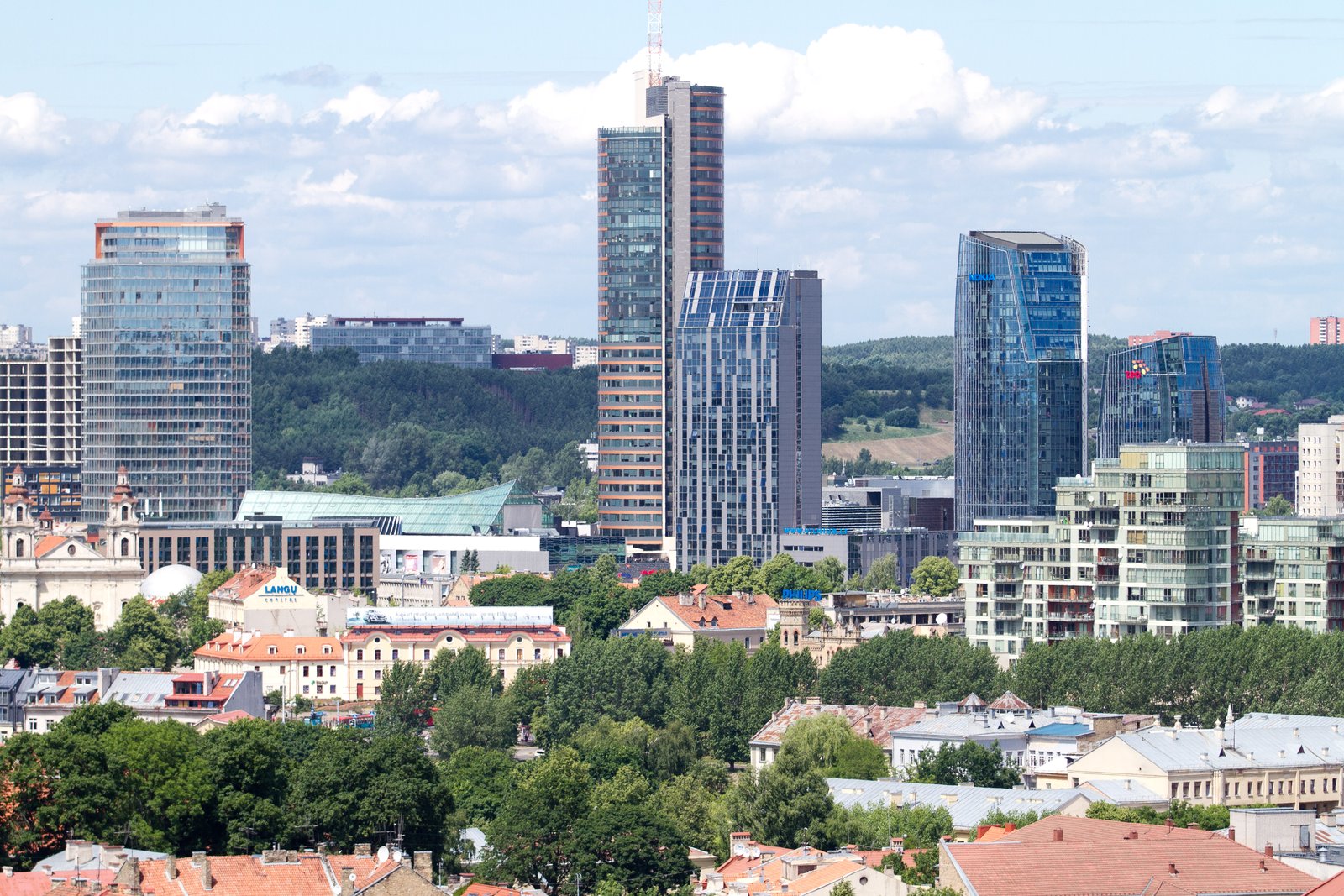

DELFI / Šarūnas Mažeika
“Growing wages and consumer-friendly price changes encourage consumption, which, together with investment, continue to drive the country’s economy. Nevertheless, such growth has a side-effect as well – import grows more rapidly than export, and this results in poorer gross domestic product indicators,” says Raimondas Kuodis, deputy chair of the Board of the Bank of Lithuania.
It is projected that the country’s gross domestic product in 2015 will grow by 1.6 percent. In June it was projected that the growth will amount to 2 percent. In 2016 economic growth should accelerate to 3.2 percent (earlier projection was 3.4 percent).
Although the volume of export to Russia is practically no longer dropping, its volume to other markets is barely increasing. Therefore, economic growth is mostly encouraged by factors related to domestic demand: both private consumption, which after a halt in the beginning of the year started to recover, and rapidly increasing investment. Positive consumption trends are a result of decreasing unemployment and rising wages. It is projected that the unemployment rate this year will decrease more rapidly than was projected and will reach approximately 9.6 percent (the earlier projection was 10 percent), while wages should rise by 4.5 percent (it was projected that it will rise by 4.9 percent).
Price trends remain favourable for consumers; the inflation projection is decreased from -0.3 to -0.5 percent.
“Oil and food commodity prices in the world are currently lower than was expected; therefore, the general consumer price level this year continues to decrease, even despite the fact, that due to increasing wages, the prices of some services increased as well,” says Gediminas Šimkus, director of the Economic and Financial Stability Service of the Bank of Lithuania.
In 2016 inflation should be positive, but low (1.5 percent). Energy, which determines the price drop this year, in 2016 will not grow cheaper, while growth of other prices will be somewhat stronger.
Although investment is growing much more rapidly than was projected, uncertainty regarding its further expansion is rather great. Investment in residential buildings should be limited by the abundant supply of newly-built residential housing, while the stalling economic development of foreign trade partners, particularly of Russia and other developing countries, could limit investment in capital goods.
I admit it: I’m not that type of person who follows domestic and international politics…
While Prime Minister Gintautas Paluckas does not take issue with the statements made by the…
Lithuanian economists are surprised to see our country's economic growth: the Estonian economy has been…
"The fate of Nemuno Aušra (Dawn of Nemunas) in the coalition has been decided; they…
Airvolve, a Lithuanian dual-purpose aeronautics company, has successfully completed its first round of testing and…
The world is becoming smaller, more intertwined, and increasingly fragmented, with many of the previous…